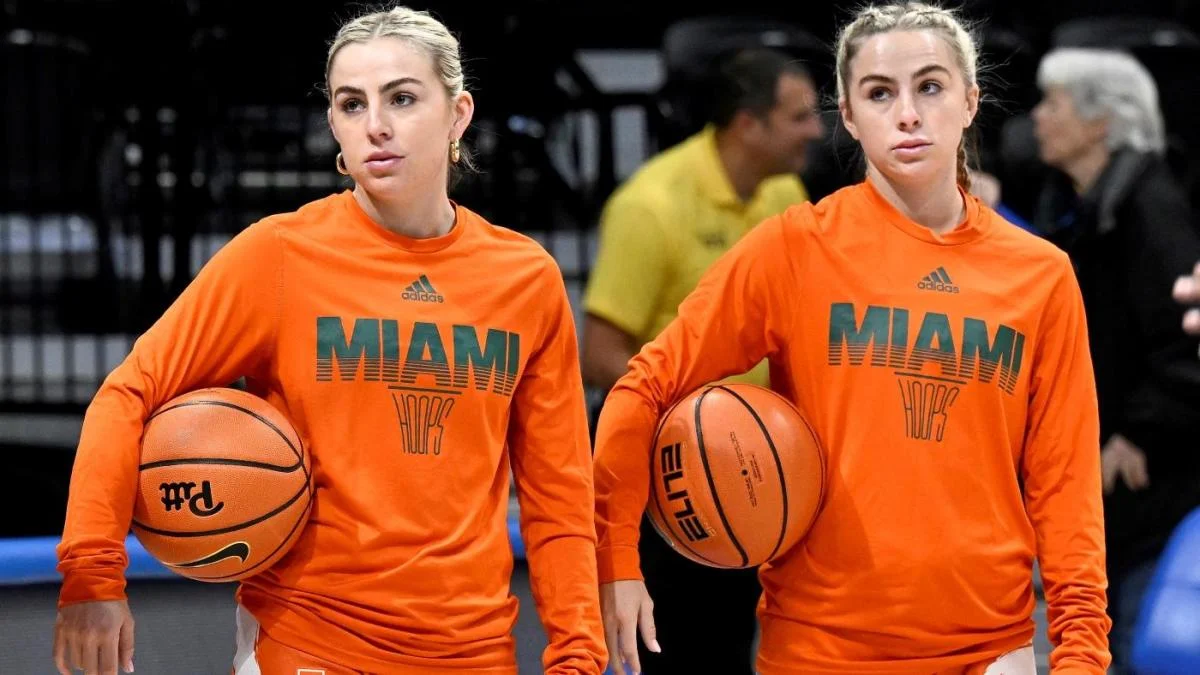On February 24, 2023, the NCAA released a decision in its first NIL-related infractions case. The case dealt with impermissible recruiting contacts and inducements in the University of Miami’s Women’s basketball program. Although the case did not involve any direct violation of any of the NCAA’s NIL rules or policies, it did involve John Ruiz, a University of Miami booster who has posted extensively on social media about his NIL deals with student-athletes at the school. The Cavinder twins—who were in the transfer portal at the time—had a dinner at Ruiz’s house prior to committing to the school. Miami’s coaching staff had a role in connecting the Cavinder twins to Ruiz.
Procedural posture
Following an investigation by the NCAA’s enforcement staff, the case was submitted to the NCAA Division I Committee on Infractions (COI) through the Association’s Negotiated Resolution process. The Negotiated Resolution process is implemented when all parties (here, the NCAA enforcement staff, the University of Miami, and the head women’s basketball coach) agree on the facts, violations, and appropriate penalties. The process does not move forward to a contested hearing before the COI and has no precedential value. A Negotiated Resolution is akin to a plea bargain in criminal law, where the defendant admits wrongdoing and foregoes a contested trial, typically in exchange for a lesser penalty.
The recruiting rules in question
The parties agreed that the coaching staff’s facilitation of a meeting between the Cavinder twins and Ruiz violated NCAA recruiting rules. Importantly, the recruitment of prospective high school and transfer student-athletes is still limited to coaches and athletics staff. Although it may seem that boosters and NIL collectives have become big players in the recruiting market, recruitment should only be something that coaches and athletics staff engage in. Coaches cannot connect prospects to boosters or collectives to discuss specific NIL opportunities before they commit. Otherwise, coaches can only point to the deals that current or former student-athletes signed during their time at the school.
Penalties for the violations
Although the parties agreed that recruiting violations occurred, the penalties for the violations are fairly limited. The Miami head women’s basketball coach was suspended for three games, while the university was placed on probation for one year, fined $5,000 plus 1% of the women’s basketball budget, and received relatively minor recruiting restrictions. However, Miami’s one-year probation could be impactful if the university finds itself in front of the COI again in the near future. The NCAA did not penalize the Cavinder twins, although the process for ineligible student-athlete reinstatement occurs separately from the infractions process.
Moreover, the NCAA did not require that the university “disassociate” from Ruiz, which is frequently a penalty that the COI prescribes when a booster is involved with an infractions case. Importantly, the COI added some language of its own to the infractions decision. Typically, a Negotiated Resolution includes language from the enforcement staff and the university, and the COI simply approves the agreement without adding much of their own input. Here, however, the COI took the opportunity to emphasize that it will be quick to utilize the disassociation penalty for boosters who engage in impermissible NIL activity in the future.
Key takeaways
For businesses, boosters, and collectives that are looking to work with student-athletes on NIL deals, it is paramount to ensure that all contact with the student-athlete and the details of the agreement are compliant with any relevant NIL laws, rules, or policies. Working with experienced counsel can help ensure the student-athlete’s continued eligibility and help their current or prospective university continue to comply with all applicable rules and laws.

